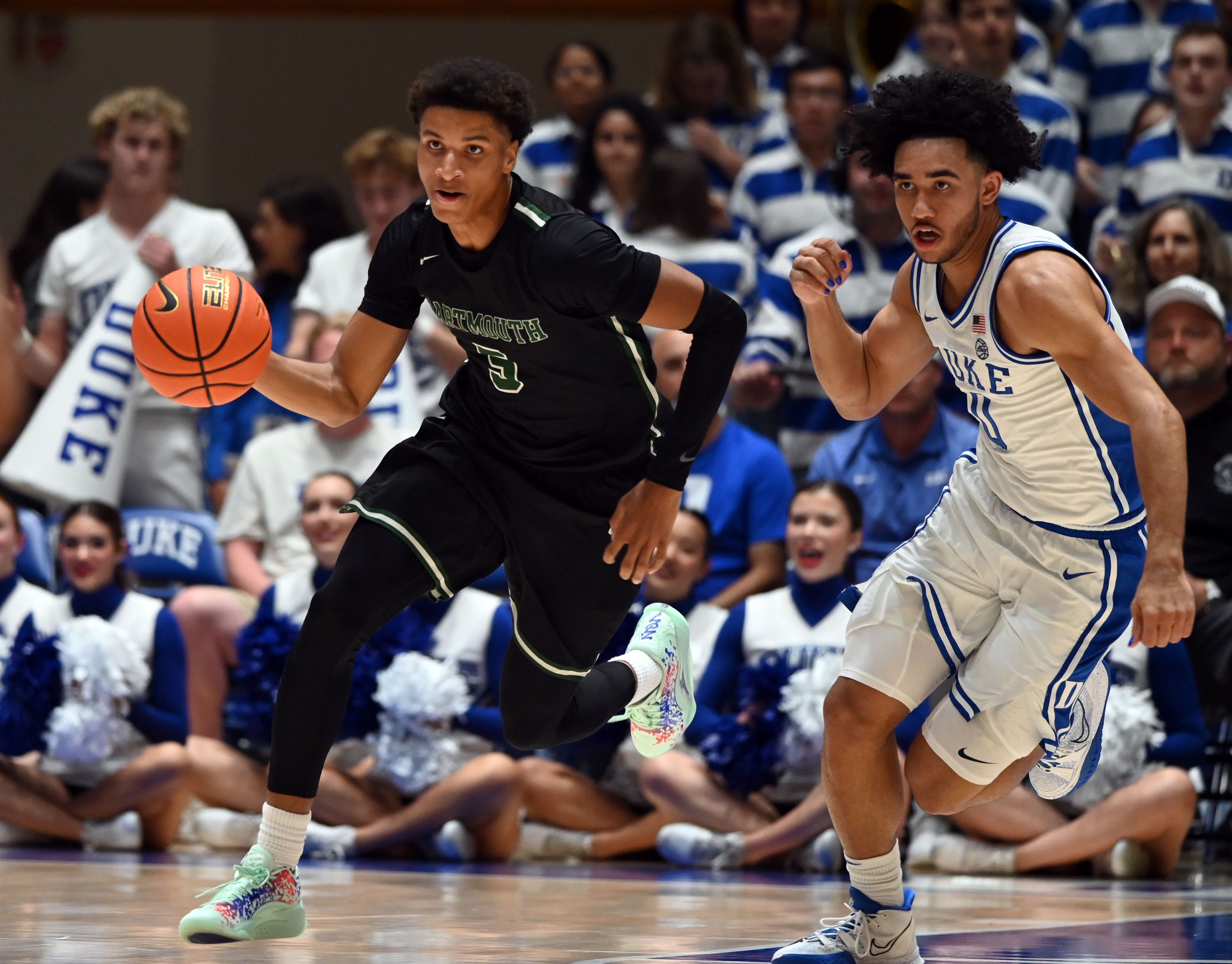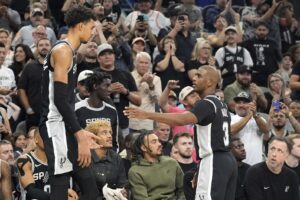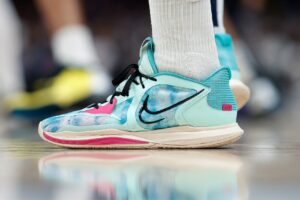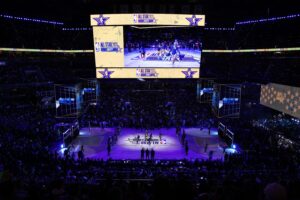It has been known for a long, long time that college sports are a scam for top-tier athletes. They work incredibly hard, putting their current and long-term health on the line for basically nothing. All the while, coaches and executives pocket the vast majority of those earnings to the tune of millions of dollars. The NIL deals have been a step toward fixing that. However, there are problems with those. Recently, NCAA athletes have begun to take new steps in their quest for fair compensation. A regional official with the National Labor Review Board has ruled that Dartmouth basketball players are college employees and have the right to unionize, potentially disrupting the billion-dollar college sports industry by clearing the way for NCAA Players Unions.
NLRB Rules in favor of NCAA Basketball Players Union
Decision
On Monday, the Boston regional director for the National Labor Relations Board, Laura Sacks, ruled that Dartmouth college basketball players are employees of the college. Sacks made this decision on the reasoning that Dartmouth had the “right to control the work” of the players on the team and that the players did work “in exchange for compensation” like scholarships and equipment. Thus, the players were legally employees under the National Labor Relations Act. The National Labor Relations Act of 1935 “guarantees the right of employees to organize and bargain collectively with their employers, and to engage in other protected concerted activity.”
In September, all 15 players on the roster signed and filed a petition to create a union. Since the Dartmouth players are employees and the NLRA rules that employees have the right to unionize, this clears the path for Dartmouth players to form the first NCAA Players union.
This is the highest profile attempt at a union since the Northwestern football team attempted to unionize in 2014. That attempt was unsuccessful. However, this attempt now has the backing of the National Labor Relations Board, meaning that unless the President or another high-ranking US official steps in, the potential NCAA Players Union will most likely come to fruition. This is extremely unlikely. President Biden’s administration has been broadly pro-union, including the President taking the historic step of joining the picket line during the Michigan Auto Workers strike.
Potential Impacts
In 2022, the NCAA reported a revenue of 1.3 billion dollars. According to ESPN, the NCAA distributed more than half of that back to Division 1 members of the NCAA. Players saw exactly $0 worth of those hundreds of millions in terms of real wages and salary. This landmark decision from Labor Director Sacks creates the possibility of unions for NCAA basketball teams, football teams, etc. Furthermore, in this case, creating a union is a euphemism for “players getting paid”. In every case where unions were implemented in professional sports, the players saw massive wage increases. Furthermore, they saw massive increases in working conditions. The NCAA has long refused to pay players for a variety of reasons mainly amounting to greed. However, the creation of school-specific or even NCAA-wide NCAA Players Unions would reverse that immediately.
If the unions do in fact make it, it wouldn’t take long for talks of strikes. The NCAA can say what they want. However, if Alabama, Michigan, Ohio State, and other top teams go on strike before or even during the college football playoffs, it wouldn’t be long before the NCAA starts signing player-friendly union contracts. Imagine if the sweet sixteen all go on strike in the middle of March Madness. The NCAA would cave and meet the union’s demands. The demands of college players would most likely include large salaries and guaranteed health care for players.
Furthermore, while the NIL deals have gotten some players paid, only the biggest stars have received those paydays. Lower-tier players with less fame and notoriety are still in the same position they were in before. A potential NCAA Players Union would alleviate this issue. That is the whole point of unions, to leverage the collective power of a workforce to force employers to provide their whole workforce their due compensation.
If this decision isn’t reversed and the NCAA Players union is allowed to form, this would redefine everything we know about the college athletics industry. Furthermore, it would have major ramifications throughout the entire professional sports industry.






